Wrap Around Extension Cost
Last updated 2nd July, 2025
An incredibly popular extension for homeowners in the UK is a wrap around extension, which is most commonly used to expand the living space on the ground floor by combining both a rear and side return extension. Victorian terraced and semi detached properties are most adept at accommodating a wrap-around extension to extend floor layouts, making them feel less disconnected.
In this guide, we’ll cover everything you need to know about wrap around extensions, from the cost of having one to all the factors that will impact both the timescales and price you pay. We’ll also touch on things like planning permission and common extra expenses.
A typical wrap around extension in the UK costs between £60,000 and over £120,000, depending on the size, specification, and location.
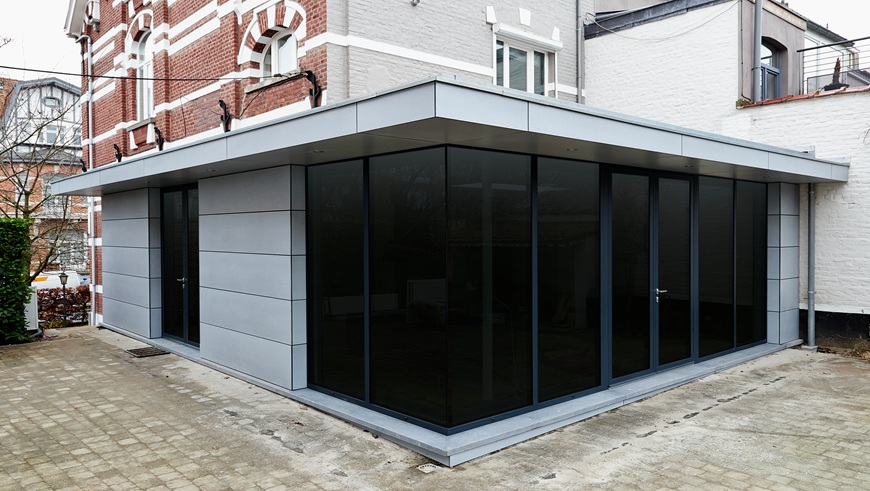
Table of Contents
- How much does a wrap around extension cost?
- Wrap around extension prices
- Additional costs
- Labour costs and time frames
- Benefits of a wrap around extension
- DIY vs professional build
- Planning permission & building regulations
- Cost of removing or altering an existing extension
- FAQs
- Finding and hiring a professional
How Much Does a Wrap Around Extension Cost?
The main price impacting factors when it comes to wrap around extensions include the size, finish level, choice of materials and location of the home. Typically, the cost per square metre ranges between £1,500 and £3,000, depending on the quality of the finish and the complexity of the build.
Using this as a guide, a small 20m2 extension would cost in the region £30,000 and £60,000, while a medium-sized 30m2 extension could be priced between £45,000 and £90,000. A large wrap around extension of 40m2 or more could easily reach £60,000 to over £120,000.
The level of finish plays a major role in deciding the price of a wrap around extension, with a very simple and basic build costing around £1,500 per m2, a mid-range finish typically costs £2,000 per m2, while a high-spec extension can reach £2,500 to £3,000 per m2.
Another aspect of the project that can impact the cost of the project includes any major structural changes, such as the addition of steel supports, which can add up to £20,000 to your project.
Location has a massive impact on the cost of labour, and therefore, the cost overall. In London and the South East, there is a much higher cost of living when compared to many other places in the UK. Additionally, these areas are quite densely populated, so the demand for trade is much higher.
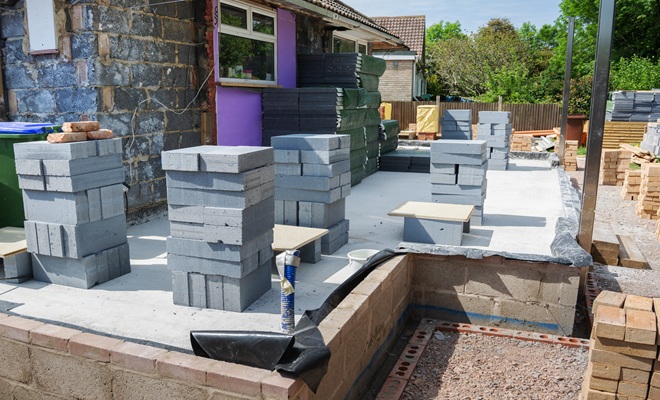
Finally, groundworks and drainage can contribute an extra £5,000 to £10,000, and if you need to relocate utilities like gas or electric meters, you could be looking at an additional £1,000 to £5,000.
Wrap Around Extension Prices
| Size | Finish | Example Use | Cost Range | Cost per m2 |
|---|---|---|---|---|
| Small | Basic | Utility + WC | £30,000 - £45,000 | £1,500 - £2,250 |
| Medium | Mid-range | Open-plan kitchen + diner | £60,000 - £75,000 | £2,000 - £2,500 |
| Large | High-spec | Kitchen, living, utility, WC | £90,000 - £120,000 | £2,250 - £3,000 |
Additional Costs
As with any home renovation project, there are quite a few additional expenses that crop up throughout the process, especially for such a large renovation.
Firstly, if you require architects' drawings to properly plan the footprint of your extension, these can range from £2,000 to £5,000, and a structural engineer can set you back between £750 and £2,000.
Planning permission, which we’ll cover in more detail later on in the guide, typically costs £206 in England, and party wall agreements add another £500 to £2,000 to your project.
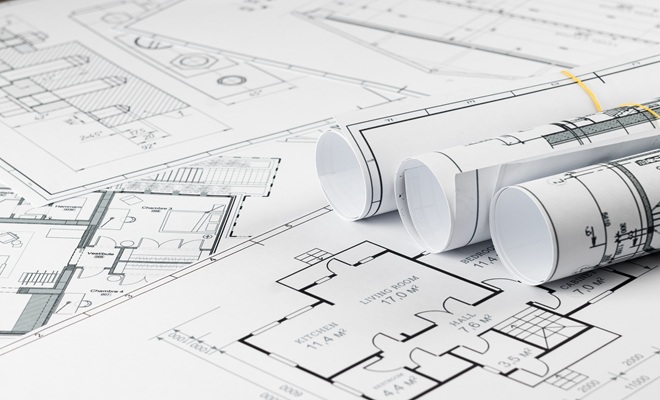
Of course, if you are planning to utilise your new extension for a new kitchenor bathroom, you will need to factor in the costs for that too - kitchens and bathrooms cost anywhere in the region of £10,000 to £30,000, depending on the design and fittings.
You will want to make sure your new extension is decorated to your tastes, so set aside some budget for interior finishes like painting, plastering and flooring, all of which cost anywhere from £5,000 to £20,000.
For nice access to the garden or yard, you may want to install bifold doors, and for natural light, you may want to opt for some nice skylights - the cost for these is between £4,000 and £8,000.
A common cost that people forget about is landscaping. After quite a large renovation, your garden can end up looking a little worse for wear, so set aside around £1,000-£2,000 to fix it up.
Cost Breakdown Calculator
A mid-range 30m2 wrap around kitchen extension, with a total quote of £70,000.
Materials
£25,000
Labour costs
£30,000
Professional
£15,000
Labour Costs and Time Frames
Labour counts for quite a large portion of your overall project cost. Typically, builders will charge between £150 and £250 per day, while electricians and plumbers usually ask for £150 to £200 per day.
If you decide to hire a project manager to oversee the work, expect to pay between £40 and £80 per hour. You may think that you won’t need a project manager to oversee the work, and that it is an unnecessary cost.
However, coordinating all the different trades, materials, deliveries, and timescales can be difficult, especially if you don't have much experience with this kind of thing.
Not only that, but an experienced project manager will identify things that need doing, or where you can save money with a keener eye than you have, ultimately saving you time, money and above all else, hassle!
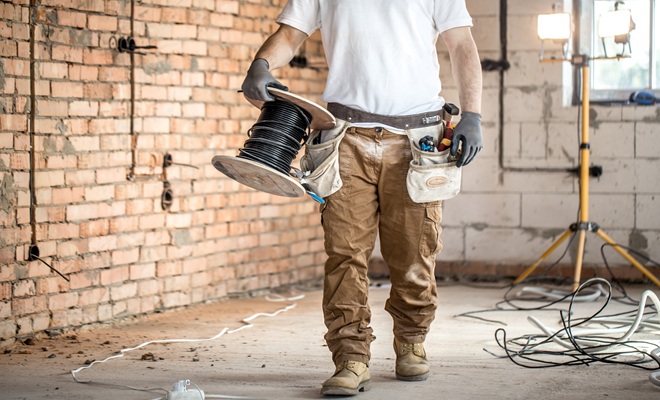
The timeline you can expect for a wrap around extension all depends on the size and complexity of the job. A small extension may only take 10-12 weeks, whereas a medium-sized extension (around 30m²2) can take between 14-16 weeks, and a large extension can take in excess of 20 weeks.
The groundwork and foundations phase often lasts between 2 and 3 weeks, followed by 3 to 5 weeks for building the main structure and roofing. Following this is internal work, such as plastering, electrics, and fitting kitchens or bathrooms, which generally requires 4 to 8 weeks, with a further 1 to 3 weeks allocated for final finishes and snagging.
It’s a long process, but everything must be done correctly, to specification and most importantly, compliantly.
Benefits of a Wrap Around Extension
One of the main benefits of a wrap around extension is the extra space that you gain on two sides of your property.
Homeowners will often utilise this extra space to create wide, open-plan kitchens and dining areas, which is an incredibly sought-after interior design layout for modern homes. It also gives you the opportunity to add utility areas like toilets, home offices and laundry rooms.
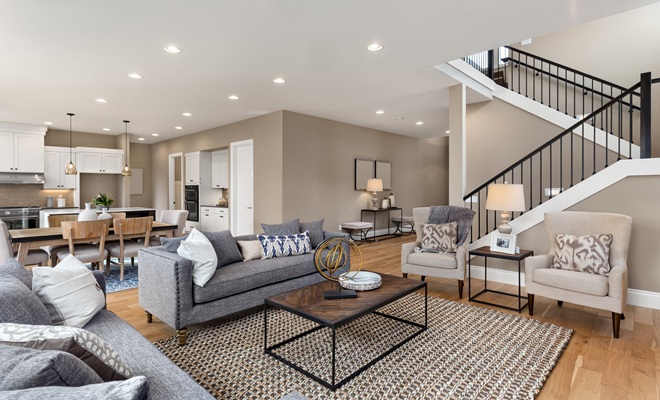
A well-designed and well constructed wrap around extension will undoubtedly boost your home's value, and in some areas, as much as 20%. Not only that, but you’ll gain more space and more natural lighting in your home with the inclusion of some glazing features.
Many homeowners choose to incorporate large bifold doors and rooflights, which enhance this natural light and really bring the outdoors in. Before and after the project, the layout can change dramatically, transforming a dark, segmented ground floor into a bright and sociable living space.
DIY vs Professional Build
The construction of a wraparound extension can only be carried out by professional tradespeople due to the core elements involved, such as foundations and structural elements. Not to mention all the additional work like plumbing, electrics and roofing.
However, this doesn't mean that you can’t take other aspects of the job in hand as a DIY project to save some money.

For example, internal decorating and painting are relatively straightforward DIY jobs, and some homeowners will choose to act as the project manager, coordinating trades and suppliers to reduce overhead costs - this removes the extra cost for hiring a project manager, and also gives you a good handle on how the project is going.
It’s also important to note that all the elements listed above that must be completed by a professional must also comply with UK building regulations. Attempting this with no experience or formal qualifications can not only be a housing disaster, but it could leave your home non-compliant.
Planning Permission & Building Regulations
There are some conditions in which planning permission may not be necessary for your wrap-around extension.
This is called permitted development; however, if the design exceeds height or footprint restrictions or involves altering the roofline, then formal planning consent will be required, and if you live in a conservation area or own a listed building, full consent will be necessary regardless of size.
In England, a planning application currently costs £206.
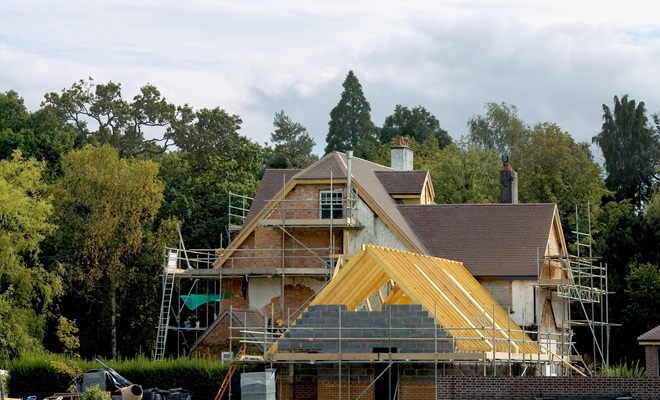
Ultimately, all wrap around extensions must comply with building regulations to ensure you are not liable for costly restoration work or even fines. These regulations cover structural safety, drainage, insulation and fire resistance, and it is another reason that hiring professionals for the work is invaluable.
The tradespeople you hire will ensure that the work has been completed to standard, and a project manager will be able to submit formal plans and building notices to the local authority. If your extension involves shared walls or boundaries, the Party Wall Act requires you to notify neighbours at least two months before work begins.
Cost of Removing or Altering an Existing Extension
In some rare cases, there may be a need to either deconstruct and remove, or significantly alter an existing wrap around extension that is no longer suitable or safe.
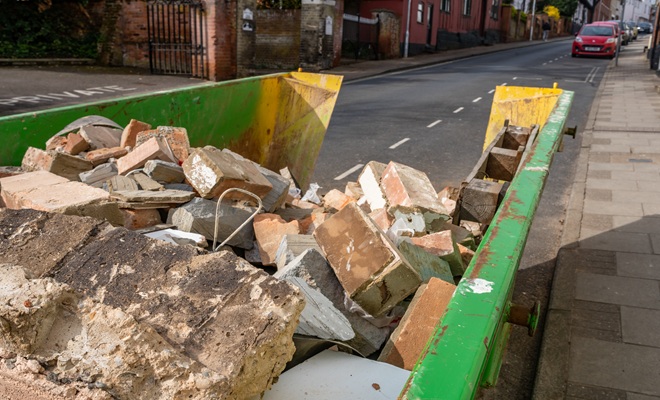
For this, professional demolition and clearance are the only options, as you risk damage to the structure of the main property by attempting this DIY. This service usually costs between £2,000 and £6,000, depending on the size and complexity of the structure.
FAQs
Finding and Hiring a Professional
It has never been easier to find quality professionals to carry out work on your home, but you must ensure that you hire the ones that are right for you and your project.
First of all, you should ensure that you obtain at least three quotes to make sure that you are getting the best value for your area.
Next, you should ask for examples from previous projects that are similar to yours to ensure it's the right type of style and finish that you are looking for. Finally, check online for reviews and testimonials to make sure they are reputable.









